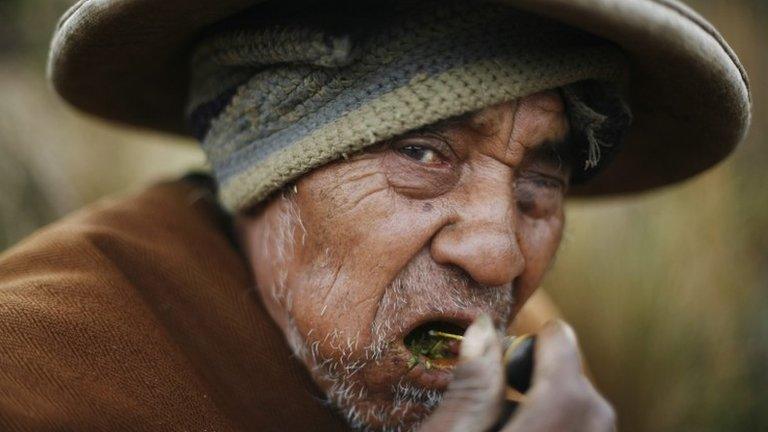Peru Shining Path arrests: 24 seized
- Published
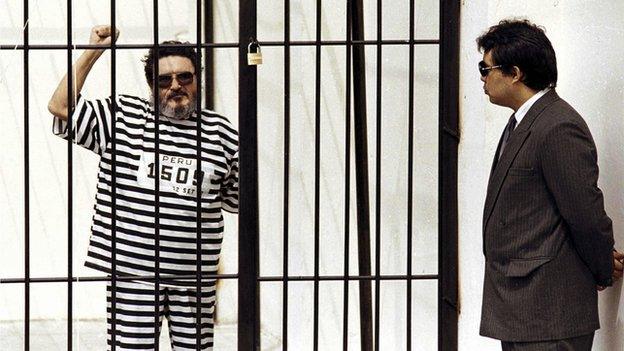
Two lawyers for the group's jailed founder, Abimael Guzman were among those arrested
Twenty-four people suspected of links to Peruvian militant group Shining Path have been arrested, the president says.
President Ollanta Humala said they included the leaders of the organisation's political arm, Movadef.
Two of them are lawyers for the group's founder Abimael Guzman, who was jailed in 1992.
The Maoist group was effectively defeated in the 1990s, but remnants are thought to be involved in the cocaine trade.
Those arrested are accused of terrorist offences and funding terrorism through drug trafficking.
Guzman's lawyers, Alfredo Crespo and Manuel Fajardo, who have been campaigning for his release, were among those arrested.
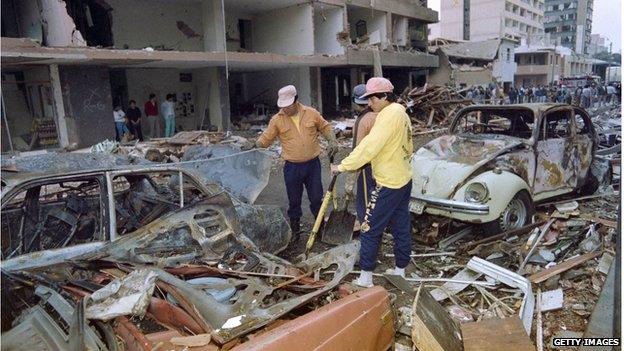
The group waged a bloody insurgency until the government effectively defeated it in the 1990s
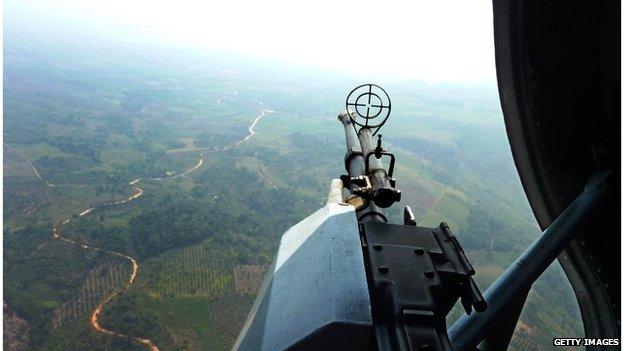
The group is thought to be involved in the cocaine trade, which the military is involved in combating
President Humala did not confirm media reports that a cousin of his, Walter Humala, was among those detained.
But in a television interview he said that those who committed crimes would be captured, whatever surname they had. In Peru, he said, no-one wears a crown.
The nationwide operation involved more than 300 people from the police and the army and was more than two years in the planning, officials say.
The guerrilla group, known as Sendero Luminoso in Spanish, waged a bloody insurgency that, for a time, brought the Peruvian state to its knees in the 1980s.
Almost 70,000 people died or disappeared in more than a decade of internal conflict.
Inspired by Maoism, they tried to lead a "People's War" to overthrow what they called "bourgeois democracy" and establish a communist state.
Even before the latest arrests, most of the movement's leaders had been captured and its territory has been reduced to small areas of the Ene-Apurimac valley in southern Peru, known as VRAE, where much of the country's cocaine is produced.
Along with Colombia, Peru is the world's top producer of cocaine.
Despite indications the group is willing to enter talks to end its fight against the government, President Humala has previously insisted that his government will not "negotiate with terrorists".
"They are cold-blooded killers, who kidnap children, don't respect basic rights, and try to use terror and extortion to change the democratic nature of the country," he said in September 2012.
- Published4 September 2023
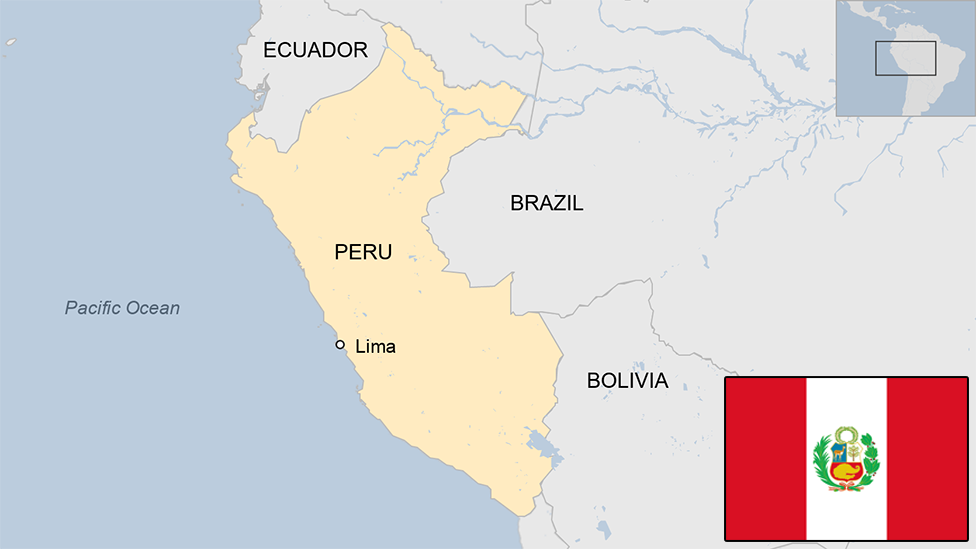
- Published5 December 2013
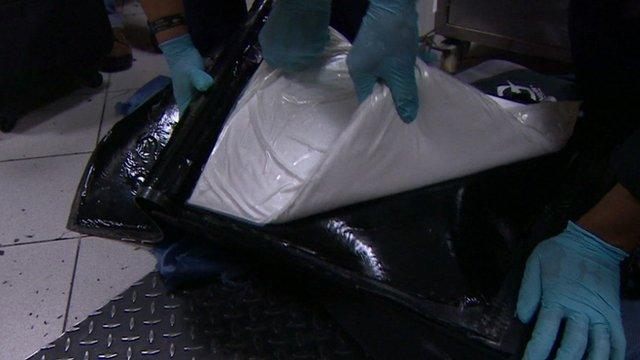
- Published12 August 2013
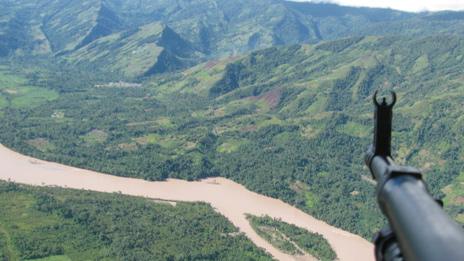
- Published8 June 2013
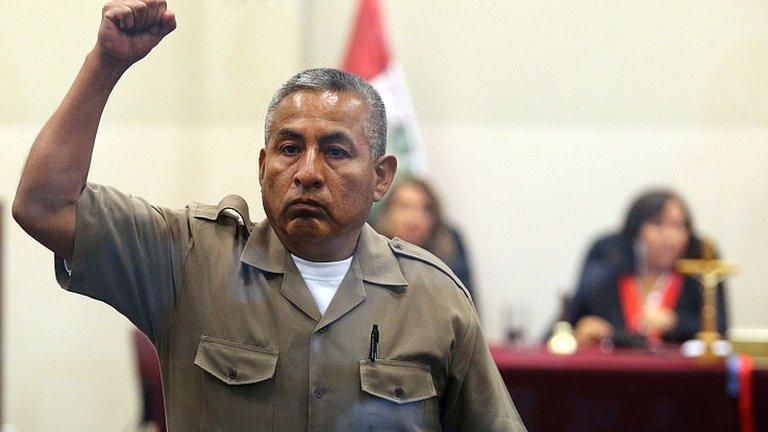
- Published7 December 2011
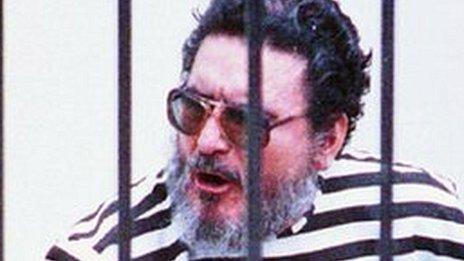
- Published24 September 2013
